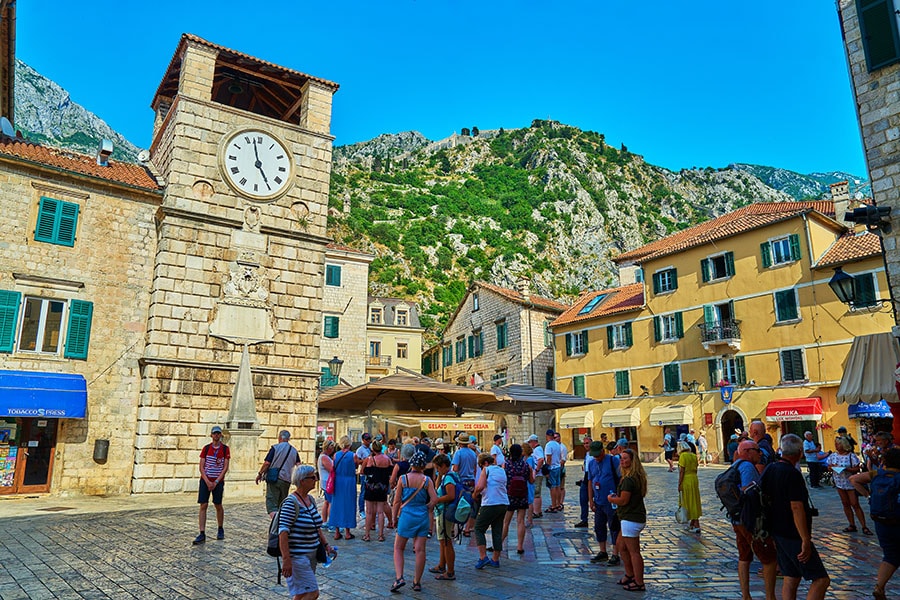
Zuzalu: Pop-up city inhabited by billionaires who don't want to grow old
Is Zuzalu just another example of the elite's obsession with eternal youth? For two months, from March to May, hundreds of hand-picked people—mainly biotech entrepreneurs, cryptocurrency investors and scientific researchers—flocked to Zuzalu on Montenegro's Adriatic coast
 Zuzalu is on Montenegro's Adriatic coast, but you can't find it on the map. Image: Shutterstock
Zuzalu is on Montenegro's Adriatic coast, but you can't find it on the map. Image: Shutterstock
Hundreds of people recently gathered in Montenegro for two months to form a pop-up community called Zuzalu. Their aim was to discuss biotechnological solutions designed to slow down human ageing and live longer. These longevity enthusiasts are even planning to create their own state to achieve this.
Is Zuzalu just another example of the elite's obsession with eternal youth? For two months, from March to May, hundreds of hand-picked people—mainly biotech entrepreneurs, cryptocurrency investors and scientific researchers—flocked to Zuzalu, on Montenegro's Adriatic coast. But you won't find this town on any map—it doesn't exist. This "pop-up city" was created entirely to enable the members of this community to meet up and mingle among themselves. Behind the name Zuzalu, lies a community of "longevists" or "life extensionists" ready to defy death, or at least old age, by investing colossal sums in biomedical research and technological projects that border on science fiction. At the head of this community is Vitalik Buterin, a Russian-Canadian computer programmer, who became a billionaire by inventing the Ethereum protocol, which gave rise to the Ether cryptocurrency, Bitcoin's great rival.
For two months, these "longevists" discussed biotech, medical innovation and slowing down the aging process, during a series of conferences and more informal get-togethers. With ultra-healthy breakfasts, yoga sessions, swimming, saunas, shorts and flip-flops, the atmosphere seemed ultra-relaxed, according to photos posted on social networks. But don't be fooled by this atmosphere of a vacation club for the ultrarich—it's just a pretext. The real aim of this two-month experiment is to find out if this community could live together... permanently.
The "Longevity State"
For these "longevists," investing millions of dollars in biotechnology to extend life expectancy has its limits: namely, in the law. More specifically, the regulations governing the pharmaceutical industry, whether in the USA, Europe or elsewhere. "I'm sufficiently ultra-liberal … who am I to prevent you from trying a compound? We’re all adults, and if you understand what you’re doing and understand the risk, then do it," says Josef Christensen, a Zuzalu attendee and chief business development officer at the stem-cell company StemMedical, speaking to MIT Technology Review. But these libertarians have run up against a problem, not the least of which is a decision by the WHO not to recognize aging as a disease. Such recognition would enable them to carry out multiple clinical trials with the agreement of the health authorities. So, to free themselves from this legal framework, seen as a real constraint for their work, and carry out trials and experiments as they see fit, the idea is to found their own state. This would be a decentralized space, financed by a community, with its own currency—a cryptocurrency in this case—and recognized by other nations. So how do you go about setting up this kind of network state?
Listen: Anand Anandkumar at Bugworks on how India could become a powerhouse of biotech research







